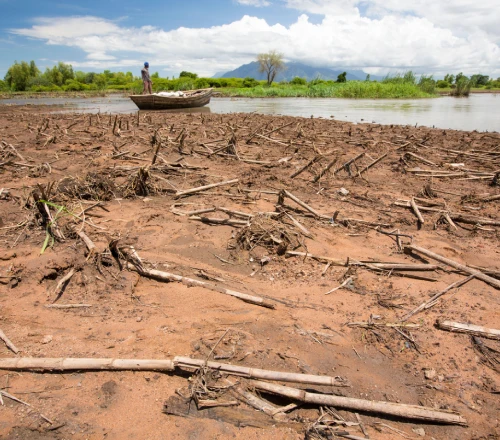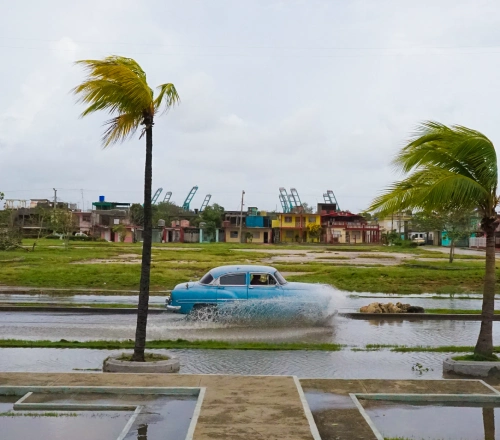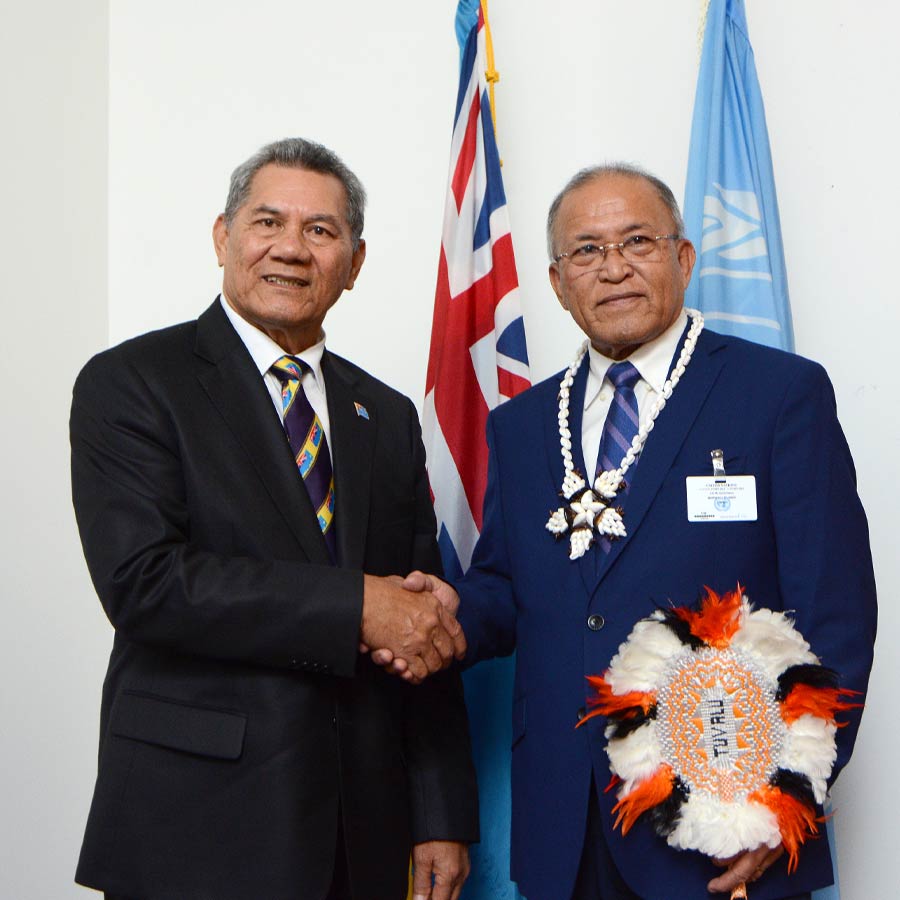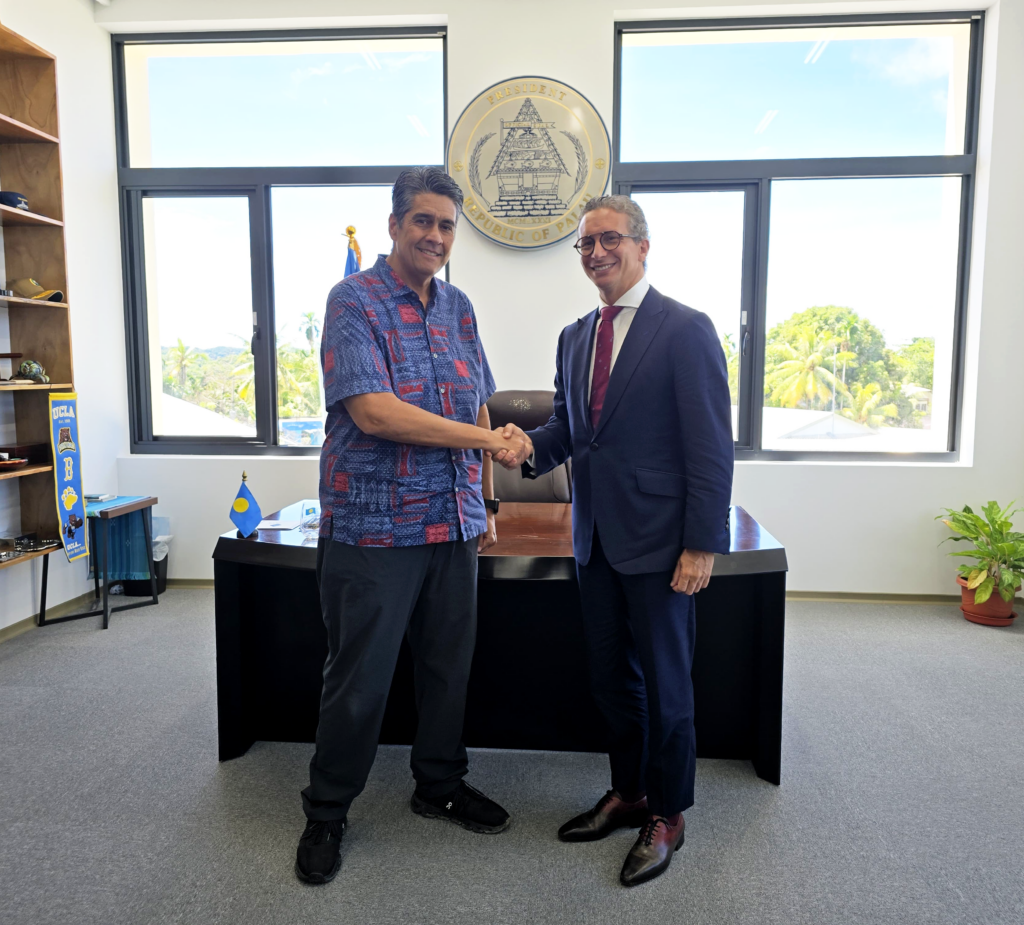Koror – 15 May 2025 – The Government of the Republic of Palau and the Global Centre for Climate Mobility (GCCM) launched a joint partnership aimed at strengthening national responses to climate mobility. H.E. President Surangel S. Whipps Jr. thanked GCCM for its commitment to support Palau and convened consultations with government leaders, local authorities, and community representatives to discuss the urgent needs of communities affected by the climate crisis.
“Climate mobility is severely impacting the livelihood of our people across the country,” said H.E. President Surangel S. Whipps Jr. “We welcome the GCCM’s support in terms of knowledge, solutions, financing for community-led adaptation, and green transition that will enable the agency of our people to shape their adaptation journeys.”
Under the Pacific Climate Mobility Initiative (PCMI), the GCCM will support Palau’s planning and policies on climate mobility by providing cutting-edge knowledge, building a national ecosystem of partners and stakeholders, and mobilizing resources. Further, the GCCM will roll out the Communities Climate Adaptation Facility (C-CAF) to provide climate quick impact grants that will empower affected communities to stay, address their urgent challenges, and undertake positive community transition.
“We need faster access to climate financing,” said Governor Eyos Rudimch of Koror State. “Climate grants that are quick can make a big difference, even if they are small. They enable actions of our communities, including our youth, to use the funds to shore up their resilience against the impacts of sea-level rise and increasingly frequent severe weather events. We are excited about C-CAF and look forward to working closely with the GCCM to deliver concrete results that make our communities more adaptive and resilient.”
“We very much welcome the GCCM’s comprehensive approach to build a national ecosystem of partners and stakeholders around the vulnerable communities,” said Hon. Tangesechel Mariur and Hon. Devon Andreas, legislators representing Koror State hamlets of Dngeronger and Iyebukel. They underscored the harsh reality confronting their coastal communities and lack of global support reaching the community level, leading to climate-forced displacements. “The challenges we face on the ground are all interconnected, and the GCCM’s approach will empower us to address them holistically, from water solutions to health to education to housing.”
The GCCM met with H.E. Minister Charles Obichang of Public Infrastructure and Industries, who endorsed the GCCM’s priorities including circular mobility, remittances, green jobs, and youth empowerment as central to climate mobility and sustainable development. “The GCCM understands the challenges confronting Palau and the need to harness the diaspora and our labor force abroad to participate in our national efforts toward building a green and economically resilient Palau,” said Minister Obichang.
“We deeply appreciate the opportunity to closely partner with Palau as a Pacific and global champion for climate mobility. We look forward to supporting Palau’s ambition for a whole-of-society approach to enable community-led adaptation,” said Professor Kamal Amakrane, Managing Director of the GCCM, as he expressed gratitude to Palau leaders and communities. “Every Palau community has different challenges – and we are privileged to be the partner to support its unique journey toward adaptation and resilience.”
For Media Inquires Contact: Jaclyn Licht, Strategic Communications Coordinator, licht@climatemobility.org
About the GCCM:
The Global Centre for Climate Mobility (GCCM) is a global partnership at the nexus of climate action and human mobility to enable positive adaptation journeys for people and communities at the frontline of the climate crisis, prioritizing their adaptive capacities and right to stay. It is enabled by the United Nations and advanced by champion countries, UN Agencies, the World Bank, and regional organizations with support from philanthropy, civil society organizations and research partners. The GCCM supports community transition in the most vulnerable regions through regional initiatives that enable countries and frontline communities to anticipate, plan, and design responses for climate mobility. The GCCM is advancing the Africa Climate Mobility Initiative, the Greater Caribbean Climate Mobility Initiative, the Pacific Climate Mobility Initiative, and the Coastal Cities Initiative. It also enables the Rising Nations Initiative, which supports the Small Island Developing States in preserving statehood, protecting sovereignty, and safeguarding the rights and heritage. The GCCM is the secretariat for the Coalition for Addressing Sea-Level Rise & its Existential Threats (C-SET), the Ocean Rise and Coastal Resilience Coalition to be officially launched at UNOC3, and the Climate Mobility Elders Group (C-MEG) led by former Heads of State and Government and other eminent global leaders working together to advance people-centered climate action amidst the climate crisis.









